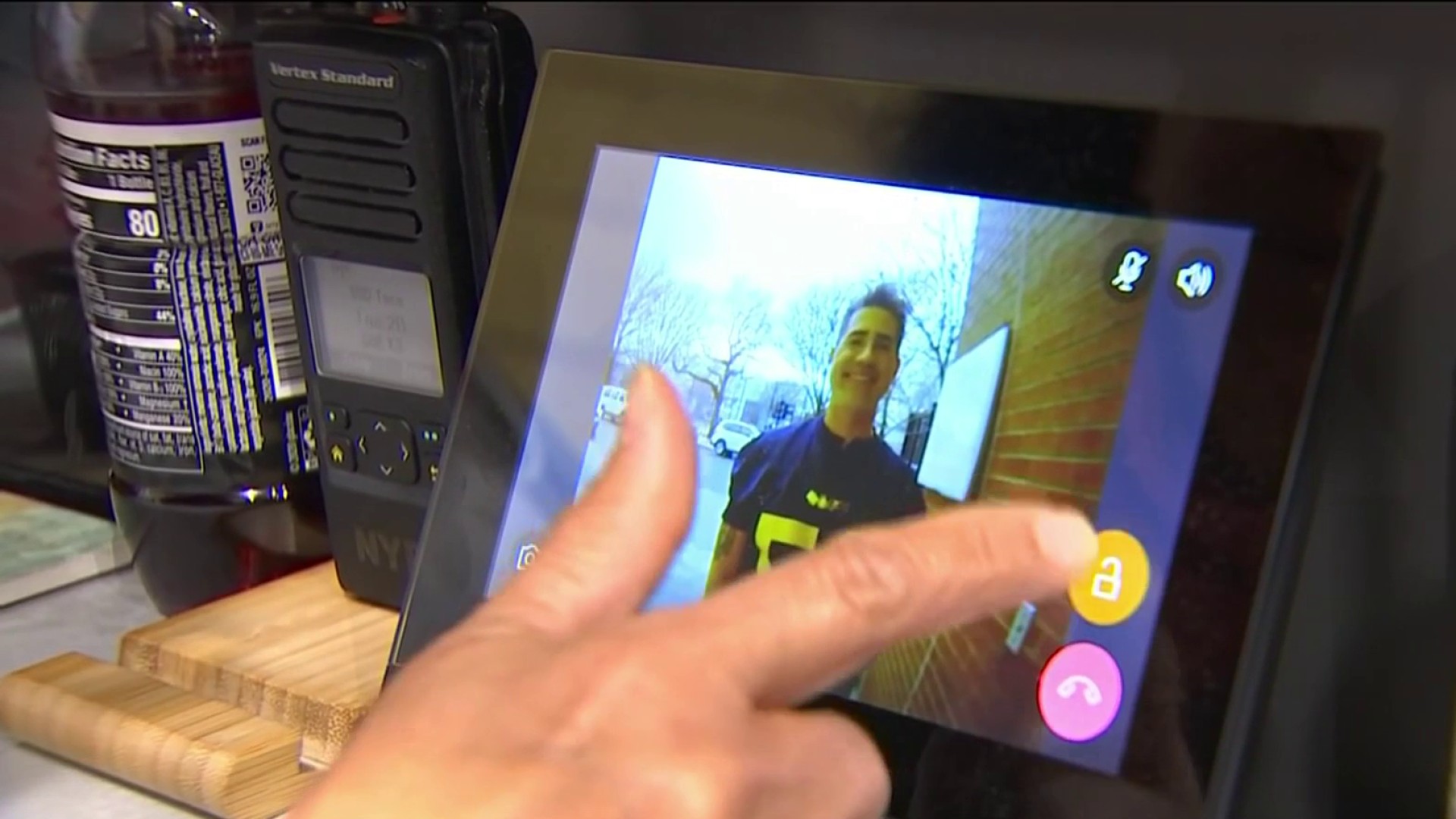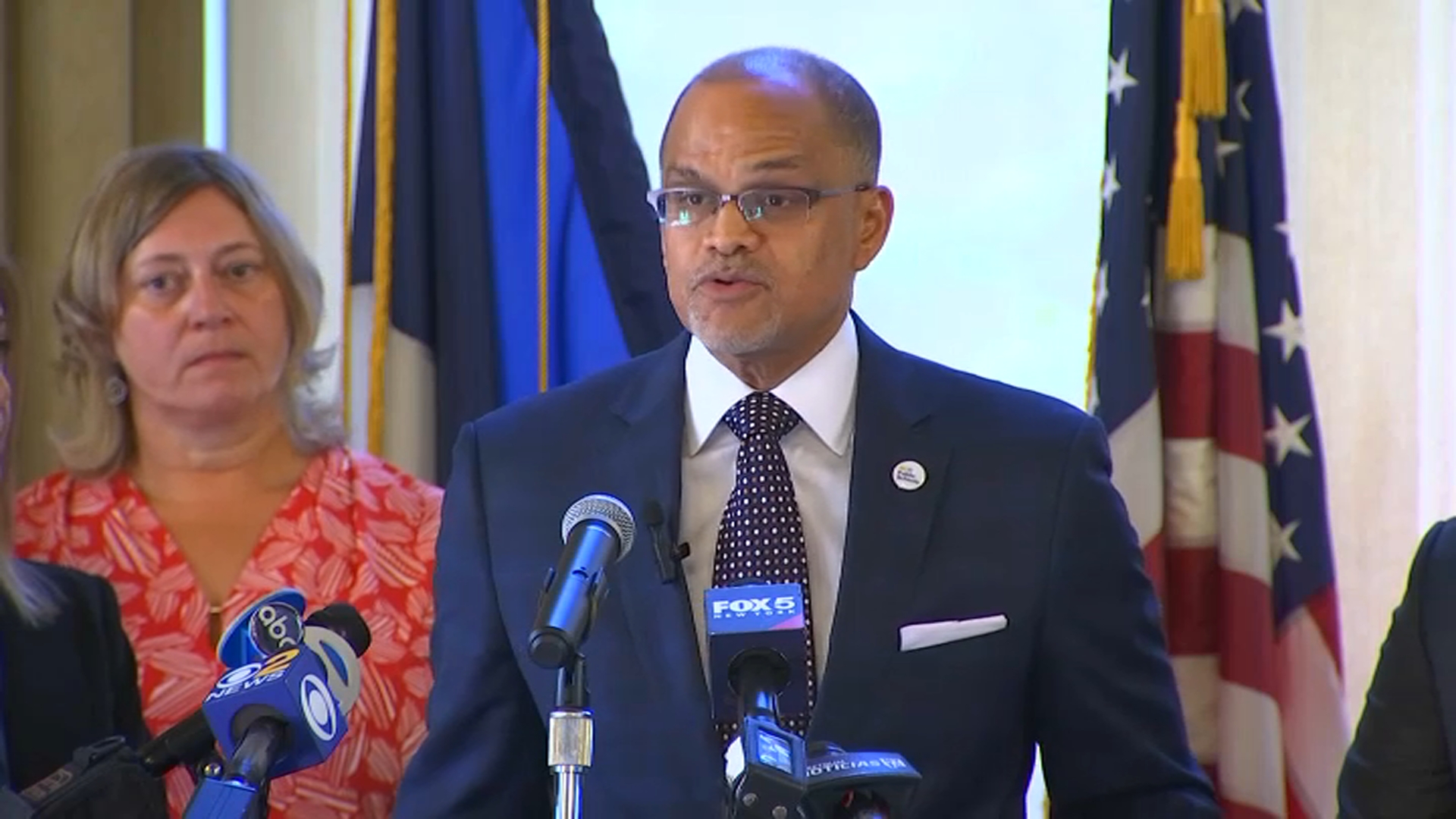The nation's largest public school system is flipping the script when it comes to teaching children how to read, as the New York City Schools chancellor says the old way has not been working for students.
A new literacy program for the city's public schools was introduced Tuesday at PS 156 in Brownsville. It comes in response to a serious drop in reading scores, as well as concerns along with concerns over students across the five boroughs still playing catch-up after COVID.
"If you don't educate, you incarcerate," Mayor Eric Adams said at the event.
Get Tri-state area news delivered to your inbox. Sign up for NBC New York's News Headlines newsletter.
The mayor – who has dyslexia – believes literacy rates affect all of society.
"When we started to see young people who participate in criminal behavior at a young age, there's just this pattern that went back to education," Adams said.
The administration said the current literacy program leaves too many kids behind.
"There's one thing I've learned more than anything else: Too many of our children do not know how to read," said NYC Schools Chancellor David Banks.
New lesson plans will focus on phonics – teaching kids how to “sound out” words – versus the current way that focuses on pictures.
The city’s 32 school districts will have a choice among three programs individually chosen by their superintendents. Half will start the program this September, with others following in 2024.
As of now, about 50% of public school students in grades 3-8 are considered “not proficient in reading," and the numbers tend to be worse among low-income and minority students.
"The only way to do this en masse is to have a sound, really good literacy curriculum in place which is phonetically-based," said United Federation of Teachers President Michael Mulgrew.
While the teachers union may be on board, it’s a different story for the principals union. Henry Rubio, the president of the Council of School Supervisors and Administrators, said in a statement that "we don’t agree that mandating a single curriculum across a given school district is how to reach this critical objective."
Many school leaders believe the city's Department of Eductions has not allowed the opportunity for them to adequately engage their communities during the roll-out of this initiative.
It’s not just reading that will likely be impacted by changing policies: There are also plans to change how algebra is taught in school.
Both moves adding up to a more centralized, uniform curriculum to deal with city-wide concerns.




